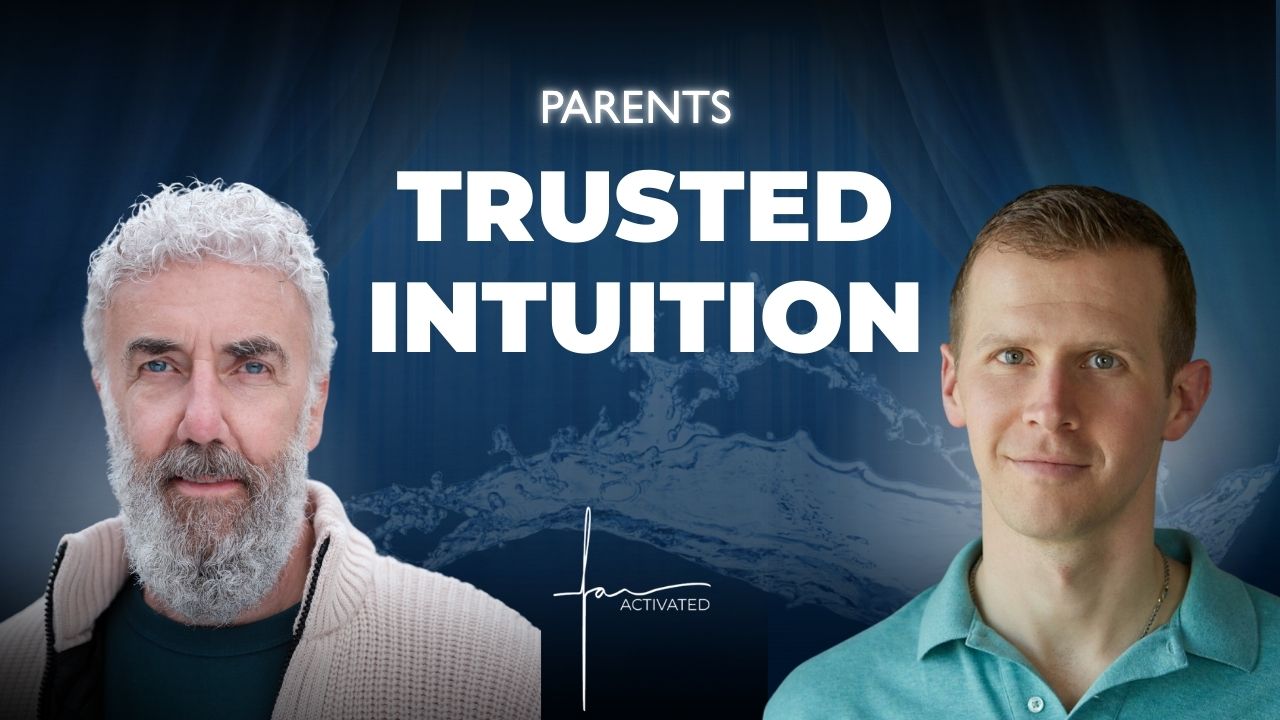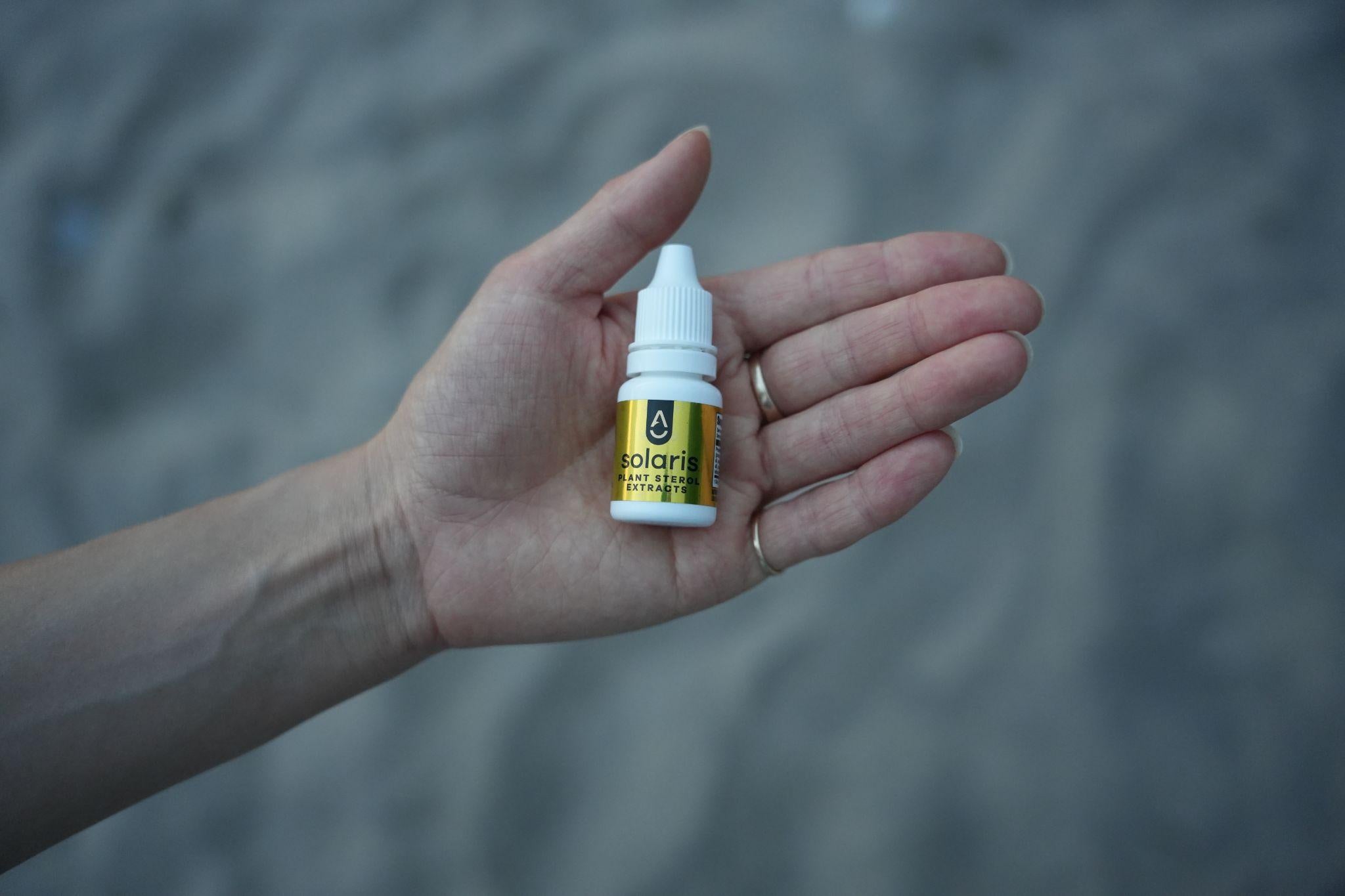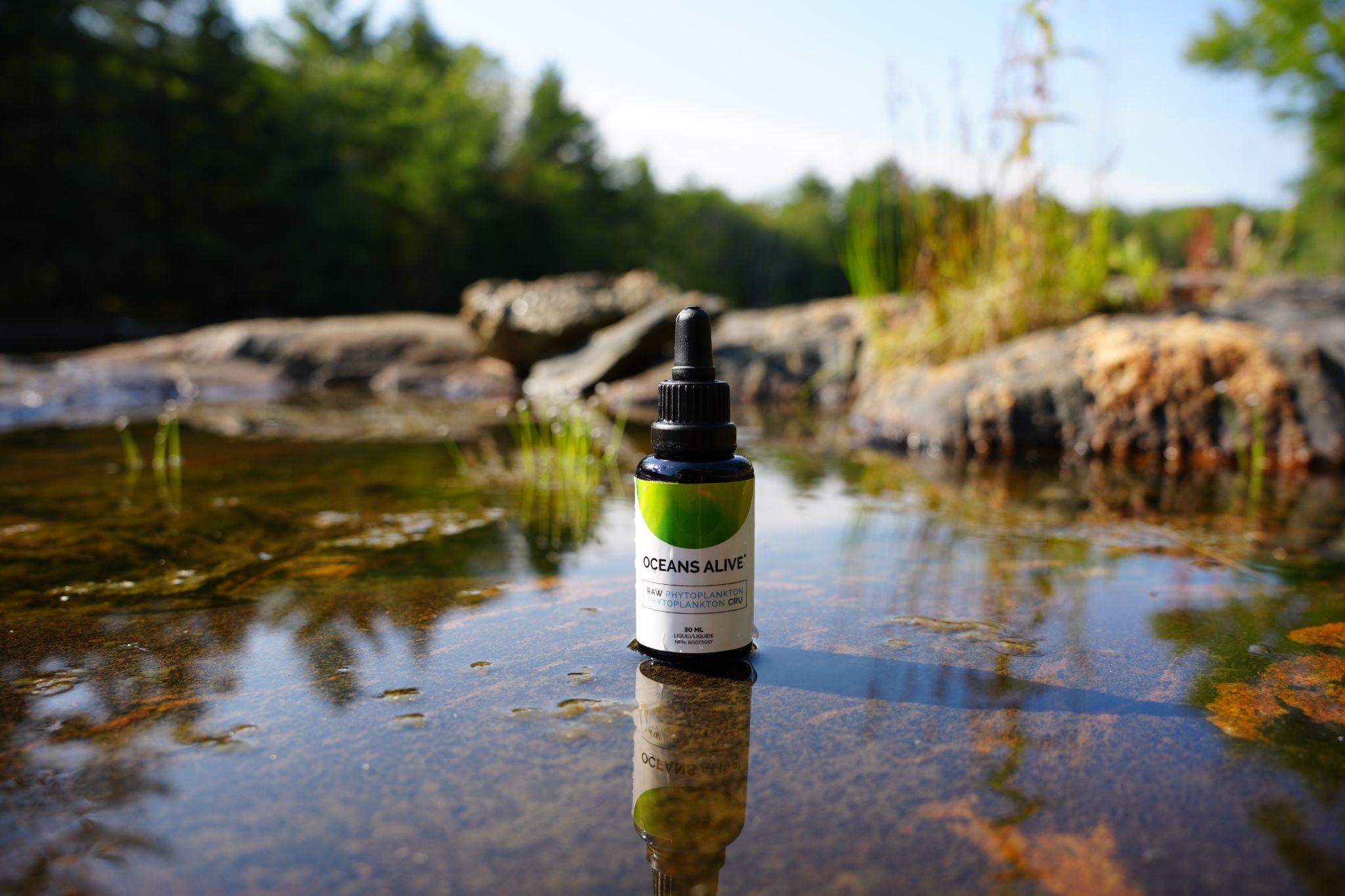
Smart drugs or cognitive enhancers. AKA Nootropics. The latest craze in the health world.
Some smart drugs are meant to treat specific mental or cognitive disorders. Alzheimer's, dementia, ADHD, depression and anxiety all fall into this category.
Others are designed to boost cognitive function in healthy individuals. This has made them very popular in the fast-paced, high-performance world of Silicon Valley, as well as on many college campuses.
Many people object to taking synthetic drugs, especially if there isn't any medical indication, but are still interested in amping up their brain power.
That's mainly where natural nootropics or nootropic supplements come in.
As you can imagine, there is a great debate about the efficacy of natural nootropics versus nootropic drugs as treatment.
Mind-benders
The word is composed of two Latin words: nous, which means mind, and trepein, which means to turn or bend.
There are nootropic supplements that can be used to treat or prevent cognitive conditions, like St. John's Wort for depression or L-theanine for Alzheimer's.
Some of these same supplements can be used by people who are not suffering from any kind of cognitive impairment and who are not even at risk of it, simply to improve focus or reduce general anxiety.
A good example of this is bacopa monnieri. It's an herb that works best for elderly and other people at risk of cognitive decline but it has also been found to have memory benefits for people as young as 18 with no health issues.
What about side-effects?
A lot of the time, what worries people about nootropic drugs (of the synthetic, especially prescription variety) are the side effects.
Drugs like Ritalin, prescribed for ADHD, can be extremely addictive, can cause severe appetite loss and can cause heart damage in the long term.
L-theanine is a natural nootropic that relaxes the mind without sedating it, improves mental focus and reduces stress. It is also useful for people with ADHD, as well as healthy individuals looking for some brain benefits.
While L-theanine does have adverse reactions in some people, they are fairly mild, including things like dizziness, headaches and GI symptoms.

Are they as effective as drugs?
That depends on how you look at it.
Nootropics are unlikely to work as quickly as drugs, and there are other factors to consider.
You need to make sure you are taking care of your body.
Drugs often have chemical compounds that basically force your body to respond in a certain way. Nootropics are gentler and work in a more holistic way with your body. In order for them to be as effective as possible, they require some time and effort.
For example, you need to make sure you are getting enough sleep, staying hydrated and eating a balanced diet. You need to exercise your brain; stimulate it by reading, doing puzzles or getting social interaction.
Not all supplements are created equal
Supplements are not regulated as heavily as drugs are. Companies can (and do) combine different ingredients with little-to-no evidence that it will be effective and market it as a potent treatment option.
This is not the case with every supplement, of course. There are many top quality options on the market that can make a difference. They help to improve cognitive function and improve well-being throughout your body.
Unfortunately, the frauds muddy the waters, making it difficult for consumers to know who to trust.
It’s important to do your research so that you don’t get duped. Educate yourself about which herbs have had proven results. Be aware of the kinds of fillers used in supplements that don’t have a purpose. Read ingredient lists carefully, and ask questions. Hold supplement companies responsible for the level of quality they are marketing.

Food for thought
There are many foods that contain high levels of brain-healthy nutrients.
Flaxseeds are one such option. The seeds themselves and their oil provide powerful cognitive benefits.
Flax is thought to help prevent cognitive disorders, and can certainly help your brain to heal. It is beneficial for children as it encourages healthy cognitive development.
While flax can’t stand alone as a treatment, like a true nootropic, it is a powerful ally when it comes to better brain health.
Where can you get your hands on a top quality source?
Perfectly Pressed, organically sourced oil, is the key to flax oil that is nutritionally intact and that won't oxidize.
The only oil that meets those standards is Perfect Press® Flax Oil.
Just one teaspoon a day can help to support a healthier brain, and the benefits don’t end there.
Resources:
https://bengreenfieldfitness.com/2014/11/smart-drugs-vs-nootropics/
https://sciencebasedmedicine.org/the-pied-piper-of-nootropics/
https://supplementpolice.com/nootropics-smart-drugs-guide/
http://www.limitlessmindset.com/blog/brain-power-diet/1282-sharpen-intellect-nootropic-foods.html
http://www.naturalalternativeremedy.com/12-powerful-benefits-of-flaxseed-for-your-health-and-more/












Kill Your Cold: Boost Your Immune System Naturally
Electrolytes for Muscle Recovery